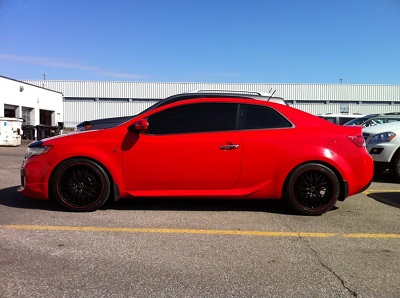As a driver, there are a number of precautions that you take every day to avoid injury and accidents. Safe-driving practices include avoiding cell phone use or texting and driving, following traffic regulations, and remaining rested and alert. While moving cars can seem like the biggest threat, there are also hidden dangers in and around your vehicle, even when it is parked. During the summer, parents must also be aware of the risks of leaving their children in a hot vehicle. According to reports, nine children have already died this summer after being left in a parked car.

The National Safety Council is warning parents of the dangers of leaving their children in parked cars. The death toll is already significant and is expected to climb over the summer. Our Boston car accidents attorneys are dedicated to raising awareness to prevent accidents and injury. While car accidents and collisions will remain a significant risk throughout the summer, parents should also be aware of the potentially deadly consequences of leaving children in a hot car.
One of the reasons that hot cars are so dangerous is that children are not able to adjust body temperature as quickly as adults. According to the San Francisco State Department of Geosciences, there have been at least 615 heatstroke deaths involving children in vehicles since 1998. This means that every year, there are an average of 38 deaths every year and the majority of deaths involve children under the age of 2. According to the National Highway Traffic Safety Administration (NHTSA), heatstroke and hot vehicles is the leading cause of non-crash vehicle deaths for children under the age of 14.
In the event that a child dies after being left in a vehicle, parents can be held criminally liable. In a recent case, a man was charged with manslaughter after his daughter died in a hot car. The toddler was rushed to the hospital with a temperature of 106 but did not survive. Children are at a higher risk of what is known as “vehicular heatstroke” because their bodies cannot regulate temperature the same as adults. For infants, the risk of heatstroke is significant and the temperatures outside do not have to be very high. Because a vehicle can heat up quickly in the sun, children are at risk even when the temperature is as low as 57.
There are a number of reasons that parents may decide to leave their child in a car. Maybe it is a quick errand, running into the grocery store or post office, or they simply forget. Sometimes a change in routine that causes a memory lapse. In these cases, parents are often not taking into account the serious dangers of leaving their children unattended in a vehicle. Parents of small children may believe that it cannot happen to them, but even a short period of time can be a significant risk. Even the best parents with good intentions have been involved in such tragedies. The National Safety Council recommends always making a habit of checking the vehicle before exiting and locking the door and locking the doors so that children cannot crawl inside.
Contact Jeffrey S. Glassman for a free and confidential appointment to discuss your rights. Call 888-367-2900.
More Blog Entries:
Window Tinting, Accident Risks, and Massachusetts Law, Boston Car Accident Lawyer Blog, January 2, 2014
New Mothers at Risk of Distracted Driving Accidents, Boston Car Accident Lawyer Blog, January 2, 2014
 Boston Car Accident Lawyer Blog
Boston Car Accident Lawyer Blog

